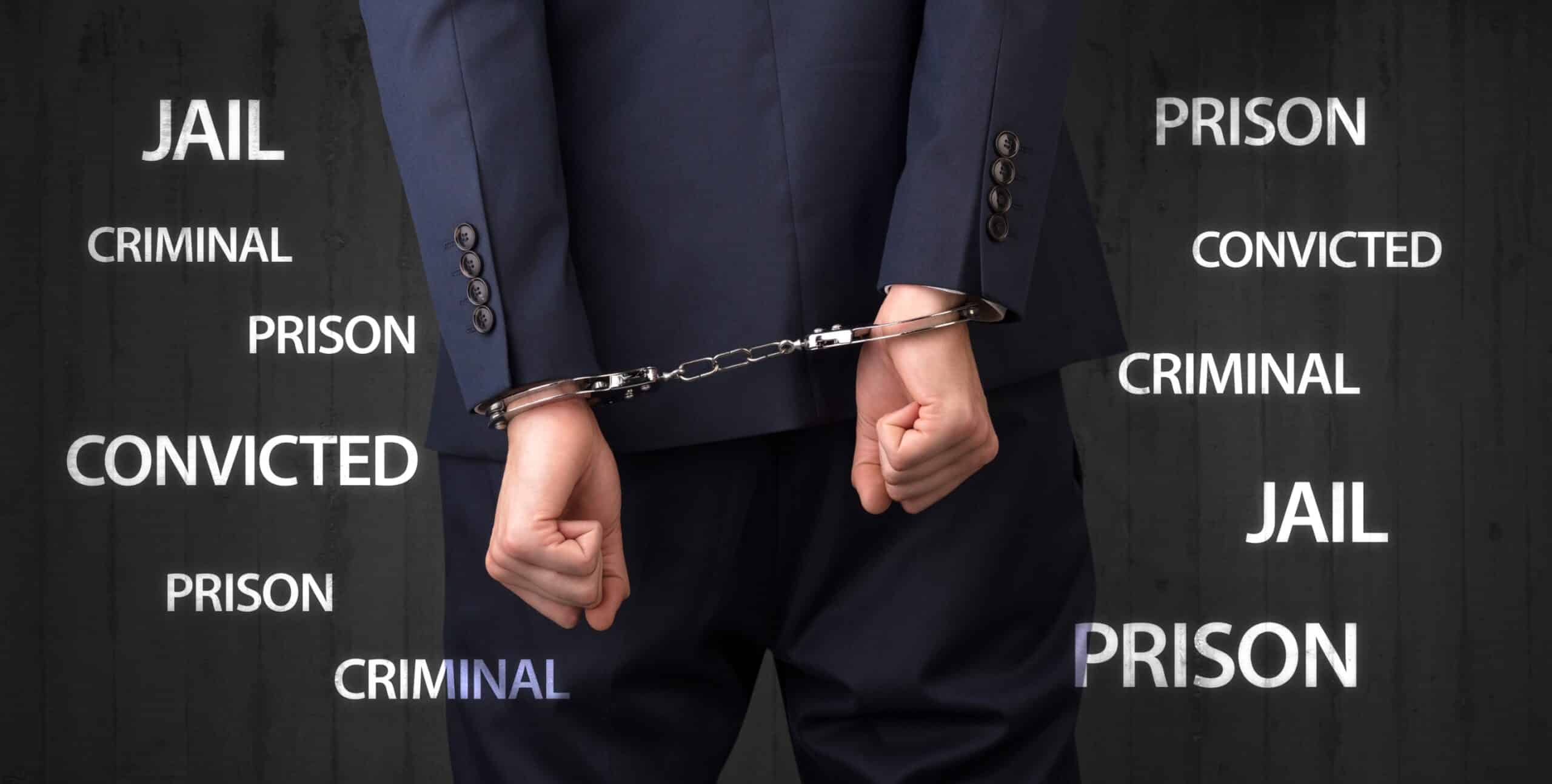HENNEPIN COUNTY
Bloomington, Brooklyn Center, Brooklyn Park, Champlin, Chanhassen, Corcoran, Crystal, Dayton, Deephaven, Eden Prairie, Edina, Excelsior, Golden Valley, Greenfield, Greenwood, Hanover, Hopkins, Independence, Long Lake, Loretto, Maple Grove, Maple Plain, Medicine Lake, Medina, Minneapolis, Minnetonka, Minnetrista, Mound, New Hope, Orono, Osseo, Plymouth, Richfield, Robbinsdale, Rockford, Rogers, Shorewood, Spring Park, St. Anthony Village, St. Bonifacius, St. Louis Park, Wayzata, Woodland and Hassan Township.
WASHINGTON COUNTY
Afton, Bayport, Birchwood Village, Cottage Grove, Dellwood, Forest Lake, Grant, Hugo, Lake Elmo, Lake St. Croix Beach, Lakeland Shores, Lakeland, Landfall, Mahtomedi, Marine on St. Croix, Newport, Oak Park Heights, Oakdale, Pine Springs, Scandia, St. Marys Point, St. Paul Park, Stillwater, Willernie, White Bear Lake, Woodbury, Baytown, Denmark, Grey Cloud Island, May, West Lakeland, Garen and Point Douglas.











